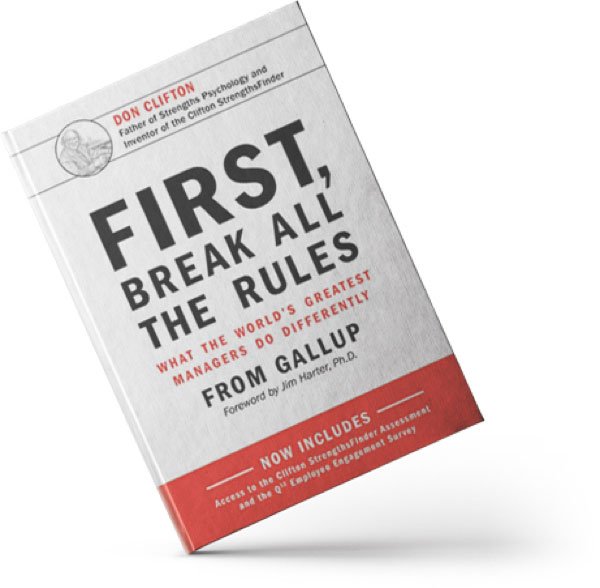WHAT IS GREENHUSHING?
The term ‘greenhushing’ rose to prominence in 2020 when it was coined by the aptly named consultancy firm, TreeHugger.
It refers to companies failing to publicise their environmental goals and approaches towards them, keeping their climate responsibilities and strategies ‘hush hush’ for fear of their reputation.
Greenhushing is worryingly common, be it through a lack of awareness on the company’s part, or a conscious effort to sweep their impact under the carpet to avoid being called out.
In a 2022 report published by South Pole surveying 1,200 companies, almost a quarter had no plans to publicise their science-based emissions targets. It’s a trend that could catch on. And as we collectively do our bit to combat climate change, it poses a big problem.
WHY IS GREENHUSHING AN ISSUE?
The obvious, planet-sized issue associated with greenhushing is how damaging it can be to progress against the climate crisis. The corporate world accounts for a mind-boggling proportion of global greenhouse gas emissions, and if companies aren’t being held accountable and continue to keep their impact under wraps, who knows how much they’re helping – or hindering?
In 2022, Deloitte asked leaders about the benefits of sustainability in business. You’d hope the top answer would be combatting climate change, but instead, ‘brand recognition and reputation’ reigned supreme. Cue the sighs.
When wanting to be seen to be doing the right thing is more important than actually doing it, we have a problem. And that’s why greenhushing has become seen as a way to avoid accusations of greenwashing, which involves companies misleadingly cashing in on the demand for more environmentally friendly products and services, with little to no measurable data to back up their claims.
Greenhushing can lead people who want to be part of the solution towards being an unintentional part of the problem. Trust in brands is already low. Recent research shows that 86% of the public want greater transparency. And as customers, employees, investors and stakeholders become more sustainably-minded, expectations are high, and the reputational damage of greenhushing can have severe repercussions for any business.
THE IMPORTANCE OF TRANSPARENCY
There’s no such thing as ‘perfection’ when it comes to sustainability. But being transparent about your commitments and progress and communicating them honestly is a powerful way to build trust and loyalty.
We all need to find the balance between the complex work required to have the most detailed reporting and making progress with what we have and improving that year on year. But consistently reporting and backing up your targets with science-based emissions reductions milestones is always the right move to make. For your customers, employees, business, and the planet.
If you want to have a natter about greenhushing and how to avoid it, our Head of Sustainability, Nico, would love to chat.























